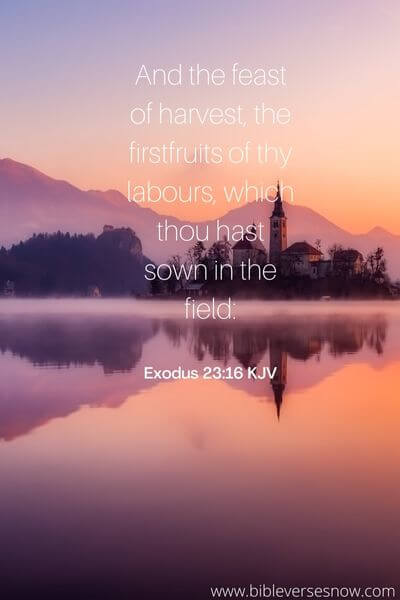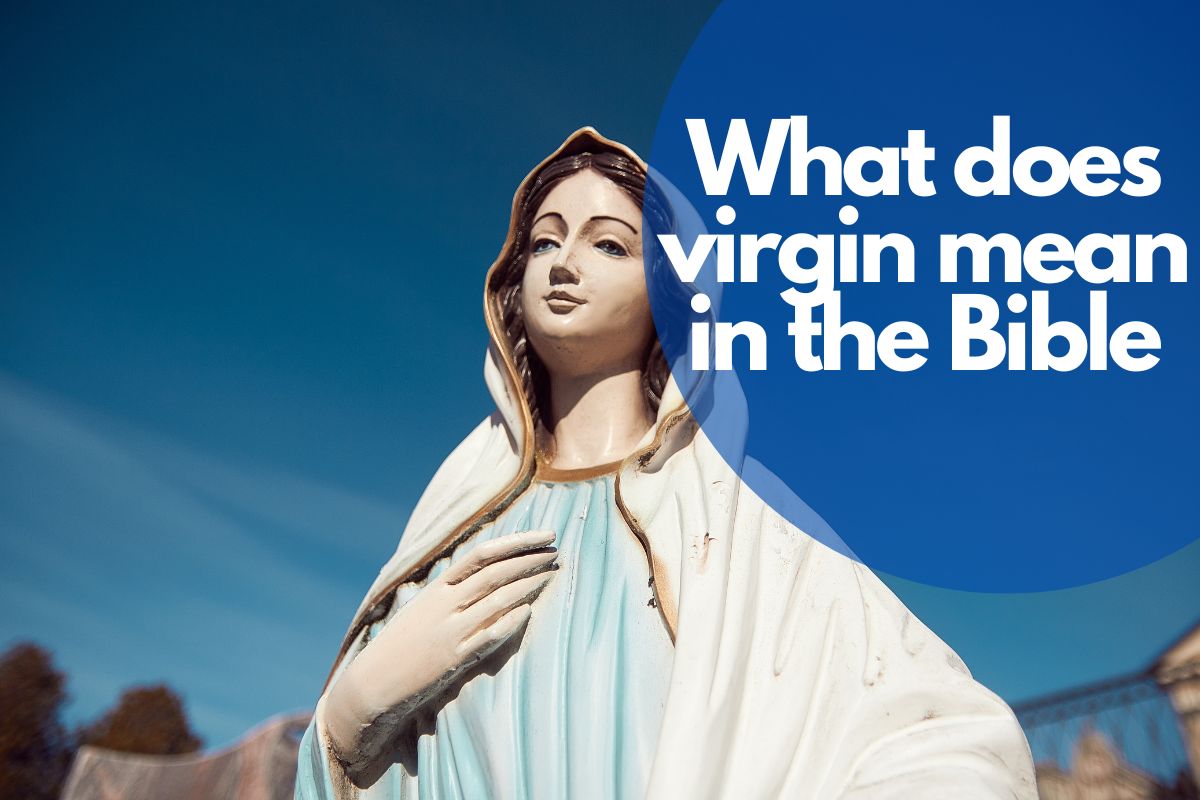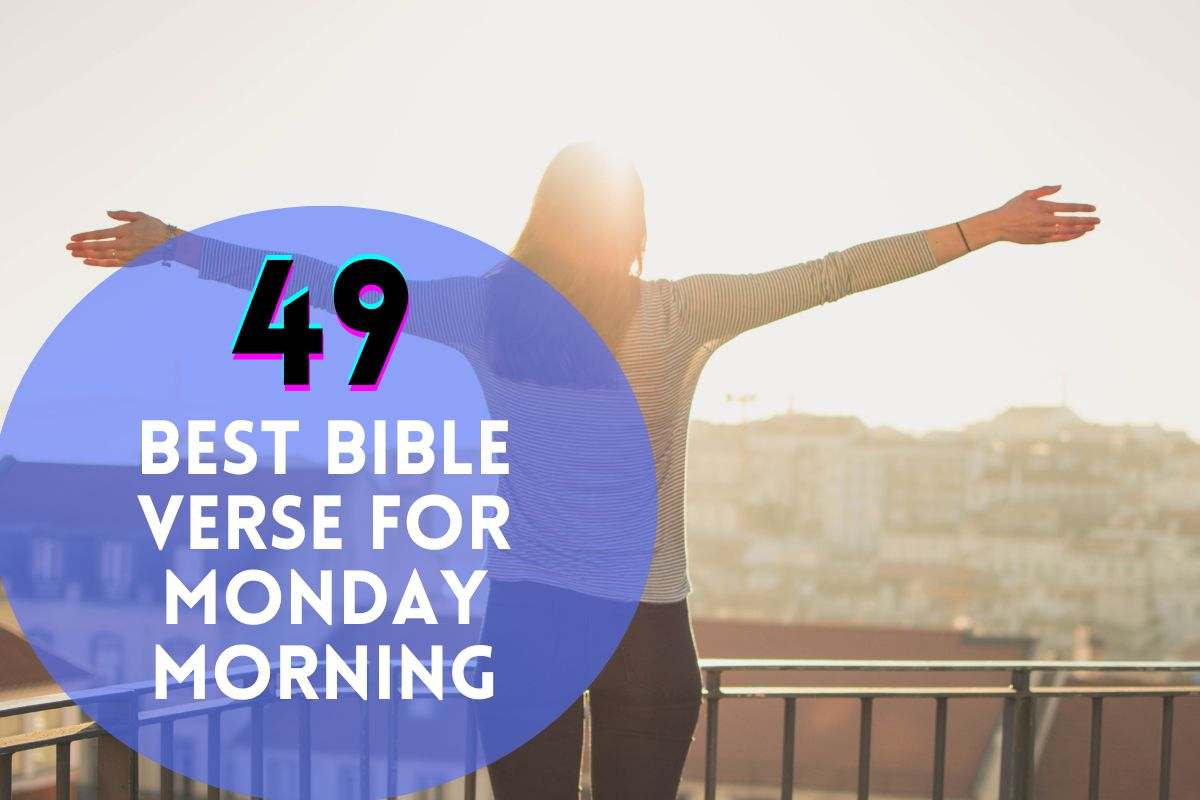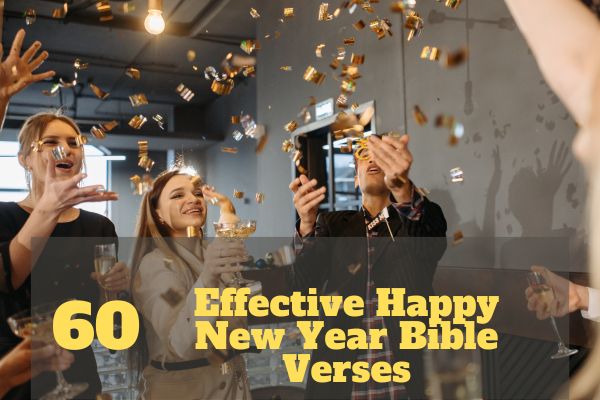Kwanzaa is a holiday day designated by tradition or legislation when regular activities, particularly labor or business, including schools, are halted or scaled back, to commemorate a historical event. It may be a holiday, like Christmas, or a political event, like Independence Day. It is primarily observed in the United States from December 26 to January 1.
Bible Verses for Kwanzaa
Some academics compare Kwanzaa to the biblical Feast of Tabernacles. Kwanzaa, the Feast of Tabernacles, also known as the “Feast of Ingathering,” is a “harvest holiday,” but it has a deeper, divinely inspired significance.
God utilizes the Feast of Tabernacles to instruct Christians on the coming Kingdom of God on earth when the kingly Jesus Christ will rule over all peoples. All people will observe the Feast of Tabernacles under Christ’s millennial rule.
Leviticus 23:34 KJV
Speak unto the children of Israel, saying, The fifteenth day of this seventh month shall be the feast of tabernacles for seven days unto the Lord.-

The three primary celebrations mentioned in the Bible are the Festival of Weeks, Passover, and the Feast of Tabernacles. The Hebrew term for “booths” “tents,” or “Sukkot,” is also used to refer to the festival of the tabernacle.
The Jewish people built improvised tents for the feast to remember their freedom from Egypt by the hand of God, exactly like the Israelites did when wandering in the desert. This pleasant event honors God’s provision, safety, salvation, and dependability. A seven-day fall festival known as the Feast of Tabernacles commemorates the Israelites’ 40-year journey across the wilderness.
It was also the period when they delivered their tithes and sacrifices to the Temple as it was one of the pilgrim feasts (when Jewish males were required to travel to Jerusalem). God protected, supplied for, and healed His people as He led them across the desert.
Because the Hebrews were wandering through the desert and camping along the route, God gave Israel the instruction to construct and occupy temporary “dwellings” for a week each year. The booths or tents also serve as a reminder Bible verses for kwanzaa are temporary residents of this planet.
Exodus 23:16 KJV
And the feast of harvest, the first fruits of thy labors, which thou hast sown in the field: and the feast of ingathering, which is in the end of the ohh year, when thou hast gathered in thy labors out of the field.-

The first fruits of your labors that you have sown in the field are referred to as the “Feast of Harvest” in the Old Testament. The “Feast of First fruits,” also known as the day of the wave sheaf, marked the beginning of a grain harvest when the first fruits of the barley harvest were presented to the Lord. And thou shalt observe the feast of weeks, of the first fruits of wheat harvest, and the feast of ingathering at the year’s end.
Deuteronomy 30:19
Today I have given you the choice between life and death, between blessings and curses. Now I call on heaven and earth to witness the choice you make. Oh, that you would choose life, so that you and your descendants might live.-
God chose Israel to be His chosen people only by grace, and it is only by grace that the choice between life and death is still extended to all people because Christ took the punishment that the Law demanded on our behalf. Christ became a curse for us so that we could get God’s blessings and it’s all by grace through faith in Him.
Kwanzaa Prayer
For Africans, this has been a moment of serious contemplation on what has been accomplished and what remains to be done, self-reflection on the past, present, and future of the people, and a unique recommitment to their greatest cultural ideals.
Let us not engage the world hurriedly.
Let us not grasp at the rope of wealth impatiently.
That which should be treated with mature
judgment, Let us not deal with in a state of anger.
When we arrive at a cool place,
Let us rest fully;
Let us give continuous attention to the future and let us give deep consideration to the consequences of things. And this is because of our (eventual) passing.
According to the official Kwanzaa website, During the holiday, families and communities organize activities around the Nguzo Saba (The Seven Principles):
- Umoja (Unity),
- Kujichagulia (Self-Determination),
- Ujima (Collective Work and Responsibility),
- Ujamaa (Cooperative Economics),
- Nia (Purpose), Kuumba (Creativity) and
- Imani (Faith).
Participants also celebrate with feasts (karamu), music, dance, poetry, and narratives. They end the holiday with a day dedicated to reflection and recommitment to The Seven Principles and other central cultural values.
What Faith Celebrates Kwanzaa?
Kwanzaa is not a religious event, and so people of all faith- Christians, Muslims, African traditional religions, and every other religion celebrate it.
In 2011, Barack Obama and Michelle Obama released a message addressing “all those celebrating Kwanzaa.” The president stated, “We recognize that there are still too many Americans struggling to make ends meet and facing huge problems.
But we also understand that by working together in the spirit of oneness, or Umoja, we may overcome those obstacles. Similar assertions were made by presidents Bill Clinton and George W. Bush when they were in office. The U.S. Postal Service has begun to recognize the festival and has been issuing Kwanzaa stamps since 1997.
In the years following the disastrous Watts Rebellion, Black nationalist Maulana Karenga—later a college professor—created Kwanzaa as a method to strengthen and unify the African American community. He derived the name “Kwanzaa” from the Swahili phrase “matunda ya kwanza,” which means “first fruits,” and based his event on customary African harvest rituals.
Can You Celebrate Christmas and Kwanzaa?
Religions and beliefs play a large role in many celebrations. Easter and Christmas are the two major Christian festivals that are considered to be a part of the liturgical year.
Christmas is a religious event or holiday celebrated by Christians all around the world on December 25 every year to commemorate the birth of Jesus while Kwanzaa is an irreligious event celebrated by people cutting across religious and political views.
Kwanzaa was founded as a means of strengthening and unifying the African-American community in the years following the disastrous Watts Rebellion.
This holiday, based on customary harvest celebrations in Africa and Kwanzaa was chosen as a name from the Swahili phrase “matunda ya kwanza,” which means “first fruits.”







